On the eighth anniversary of its release, EJ Moreno looks back on Batman v Superman: Dawn of Justice and its legacy…
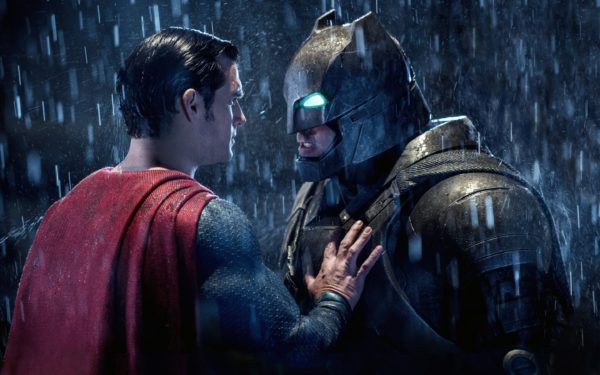
Do you remember the pop culture landscape after Batman v Superman: Dawn of Justice?
Honestly, go back to 2016 and think about how wild it was for fans and haters of the film. To this day, I don’t believe a single comic book movie has felt more polarizing. We are in a much different world as we hit the eighth anniversary. Since then, we’ve seen a rabid group of fans demand to see Zack Snyder’s original vision for a Batman v Superman sequel, which eventually came in the form of Zack Snyder’s Justice League. But even the most passionate haters retracted their claws and felt numb about the whole thing. It’s pretty strange to see because, at one point, it wasn’t fun to be a fan of this film.
But what about a diehard fan of the 2016 superhero epic? What is it like to be a fan of a movie that was a cultural reset? Let’s dive into the legacy of Batman v Superman and what this film still means to someone who finds it the DC magnum opus.
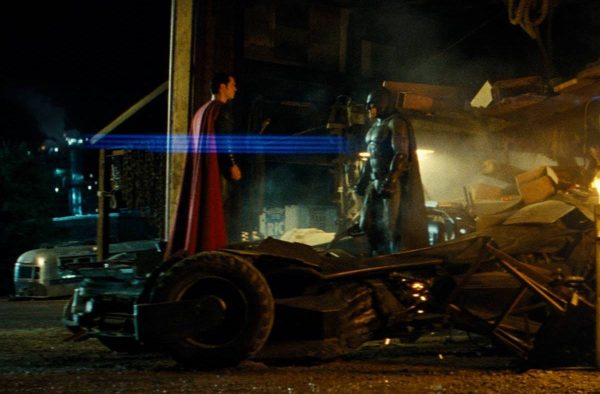
After months of small releases and ass-kissing, my first significant press screening as a critic was Batman v Superman. I was pumped for this as a lifelong DC Comics fan and suckered in by the marketing. The movie started, and the insanely pretentious shot of young Bruce Wayne floating with the bats began, and that’s the moment I knew this was for me. For the next nearly 3 hours of my life, the world of Zack Snyder’s latest DCEU entry washed over me. Totally enamored and completely blown away, there was a pep in my step as I walked out of the screening.
Then, a defining moment happened; the critics in front and behind me tore into the film, holding nothing back in their verbal assault. My world went black and white, and that Katy Perry “You just have to say that you’re fine” meme looped in my head. For the next few months after that, there was a non-stop barrage of negative reviews and YouTube videos declaring it the death of the DC Extended Universe.
As a fan of the movie, it wasn’t fun dealing with all of this. Anytime you praised it online, 40 people would come and scream about how wrong you were. But still, to this day, I am firmly in the camp that this movie isn’t bad by any means. Hell, I think it added many elements to birth a new type of monster in the world of comic book movies.
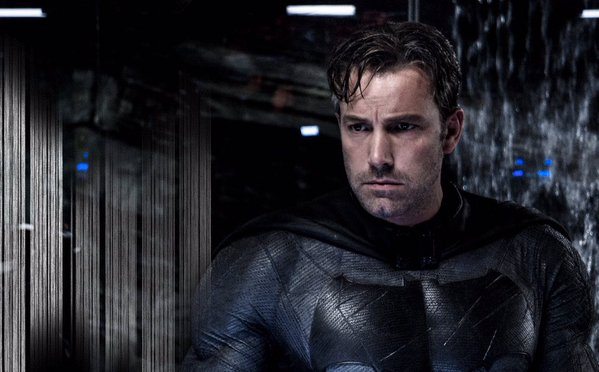
Batman v Superman is a movie you can’t take too seriously and one no one takes seriously enough. There’s a level of child-like wonderment to the battles and superhero interactions, but there’s also a dry political drama at the center. You are firmly planted in this all too real world, all while literal gods & monsters are running around. The film is a lesson in duality, blending two very different tones to bring to life what we love on the pages of comics. More specifically, I believe Batman v Superman is one of the first films to capture the feeling of DC Comics on a cinematic level.
The best comic books combine the campiest moments with the darkest scenes, and this achieves that. You can’t tell me Eisenberg’s Lex isn’t a lesson in camp acting, but he’s also a grim look at real-life characters like Elon Musk. That’s just one example of the film’s genuinely genius tonal choices.
Honestly, it still blows me away that director Zack Snyder and the writing team created a post-9/11 look at superheroes and sold it to a family audience. It was like showing your kid a version of The Manchurian Candidate with the cast wearing capes and masks. Maybe it’s the cinematic rebel in me, but I found that utterly hilarious and unheard of at the time. I’m not saying any other brands copied another, but many other superheroes got a lot more mature after this.
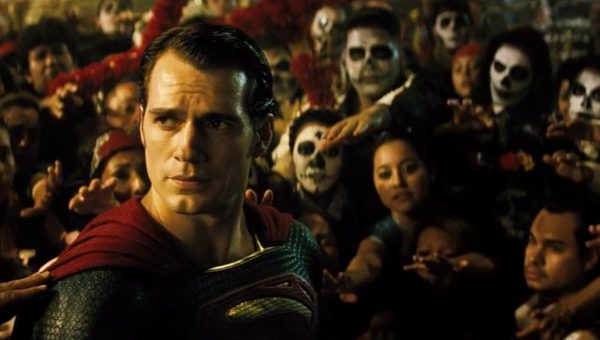
In many ways, I consider Batman v Superman the first real superhero epic. In terms of film genre, an ‘epic’ is defined as a movie known for “a style of filmmaking with large scale, sweeping scope, and spectacle.” Think about comic book movies up until this point, none of them had the grande scale and spectacle of this piece. The infamous Dark Knight trilogy tries, but Nolan’s goal to ground the franchise left out the spectacle part. And on the side of the Marvel universe, we were still years away from their back-to-back epics Infinity War and Endgame. Up until this point in pop culture, no other superhero movie tried to tell this large of a story, jam this much comic book lore, and try to hit so many touchstones.
That’s not to say everything is perfect about the film. No movie is perfect, and this has the problem of trying to do way too much at one time. Director Zack Snyder had the daunting task of trying to create an entire cinematic universe in just one film while dealing with the issues of a script penned by Chris Terrio and David S. Goyer. Slowing down the setting up of the world around these central characters is a quick fix, but when everyone was trying to catch up with the MCU in a short period… things like that will happen.
It wasn’t just the rushed feeling of the story that threw people off, either. Batman v Superman had to make things feel new when dealing with two characters we’ve seen numerous times for decades. To expand the scale and vibe of the film, you need to shift these characters in a new direction. That’s precisely what happened.
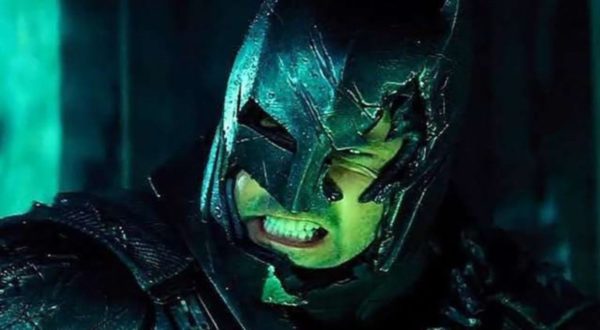
No one knew fans would receive character changes so poorly, though. Especially after they gleefully accepted Christopher Nolan’s dramatically different take on the universe and characters just a few years before. Nolan removed the comic book soul of the Bat-verse characters, in hopes to make something feel closer to his aesthetic. Snyder went directly to the pages of some of the most famous comics when bringing this universe to life. Even if he changed a character, it was still a conscious 180 reflection of what we were more used to seeing.
For a long-time DC fan, these changes felt like seeing an Elseworld story brought to life. If you don’t know what ‘Elseworlds’ are when dealing with DC Comics, it’s basically DC’s excuse to change characters and tell different stories without ruining the canon. Batman v Superman felt like an Elseworlds story, with Superman losing his trademark smile and Batman feeling like a grittier, darker version than usual.
Maybe it’s because I’ve read numerous comics with both characters, seen both Donner-era Superman as well as the both cinematic Batman universes, and binged every animated series. Still, I welcomed these changes, especially when it was clear that the entire point of changing them was to rebuild them from the ground up.
In most art circles, there’s a saying that you have to know the rules before you break the rules. If you want to rebel against something as a filmmaker, writer, or painter, you must understand what you are rebelling against first. Zack Snyder and company clearly knew what they were doing, making direct choices to shift these characters. They were breaking the rules of DC, but doing it for a reason and with genuine knowledge.
That’s where my love for this movie comes from; it feels like it loves being a comic book movie. Batman v Superman: Dawn of Justice has no problem in being a campy, weird, extremely dark superhero epic. I admire that, especially now when one of the biggest comic book movies of the last year is created by a guy who didn’t want it to be anything like a comic book movie.
Eight years later, there’s nothing like the hate, love, and conversations about this film. In 10 years, I still expect Batman v Superman to still be in the hearts and mouths of many people. It will take another cosmic shift in the pop culture landscape to dethrone this misunderstood masterpiece.
What are your thoughts on Batman v Superman: Dawn of Justice eight years on? Let us know on our socials @FlickeringMyth…
EJ Moreno












